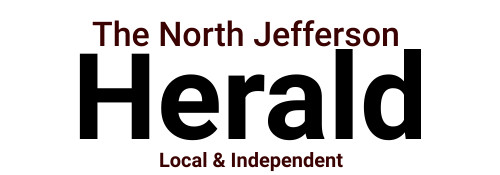
Steps to Improve Your Credit Score Before Applying for a Mortgage Loan
We want to purchase our first home and want to make sure we are in a better position to qualify for the best rates. What are some things we can do to improve our credit scores?
Your credit score is a very important factor when engaging in a mortga





